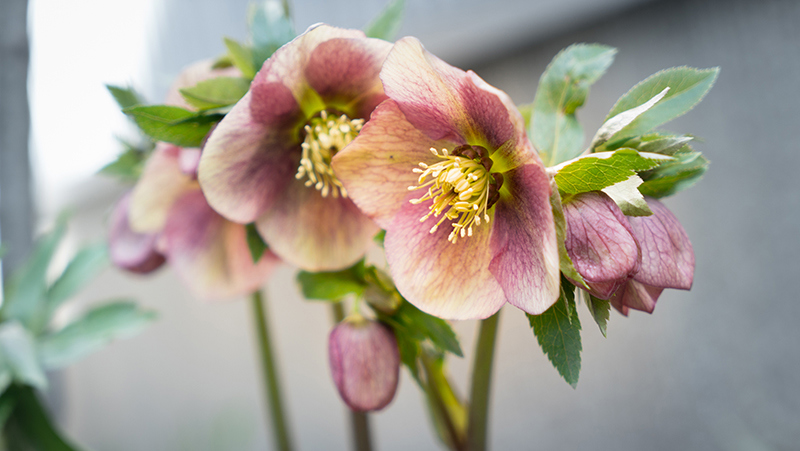Yates Account
Join now
Create a Yates account today!
Sign up to join the Yates Garden Club for monthly e-mails packed with seasonal inspiration, tips for success & exclusive promotions.
Plus if you’re a Garden Club member you can take part in the Yates Growing Community - a blog to share successes, get advice & win prizes in fun challenges along the way!

Forgot password
Enter the email address associated with your account, and we'll email you a new password.
Winter rose is one of the many names given to plants in the increasingly popular hellebores. Their delicate nodding heads in white, pink, purple and red tones are a charming addition to the winter garden.

Planting
Even though they’re quite hardy, just like any other plant, hellebores will perform much better if given good care. They’re shade tolerant and can handle dry periods, which makes them ideal for use as ground covers under established trees.
Before planting, dig in Yates Dynamic Lifter Organic Plant Food to help enrich the soil. Feed well during the flowering season with Yates Thrive Rose & Flower Granular Plant Food.
Pots
Hellebores can also be grown in pots. You won’t need a very deep container, look for one at least 200mm deep. Choose a top quality potting mix – like Yates Premium Potting Mix – and feed throughout the year with Yates Thrive Roses & Flowers Liquid Plant Food.
Propagation
Hellebores grow readily from seed and, if they’re happy, the plants will often spread themselves around the garden. But if you want to try growing numbers of plants from seed, it’s recommended to mix the seeds through some moist peat moss and leave in the freezer for a few weeks before sowing into pots of Yates Black Magic Seed Raising Mix. This is called stratifying, a process that imitates the cold winter the seeds would experience in their natural habitat. Take care when storing and handling the seeds and flowers – all parts of the plants are poisonous.
Problems
Hellebores have very few problems – most can be solved by growing the plants in congenial conditions (which means adequate food and water). The plants aren’t often attacked by snails, but do provide shelter for these pests. Hence, a judicious sprinkle of snail pellets every so often – Yates Blitzem Slug & Snail Pellets – will help.
If the plants start to look untidy, there’s no harm in pruning off the ugly bits. New shoots will soon emerge and open into fresh leaves.
Cut-flowers
The rose-like flowers of hellebores look charming in mixed posies, but very young blooms are inclined to droop quickly. Pick mature blooms early in the morning, and split the stems vertically. Then plunge into water for a good soak before arranging.
















Share
Share this article on social media